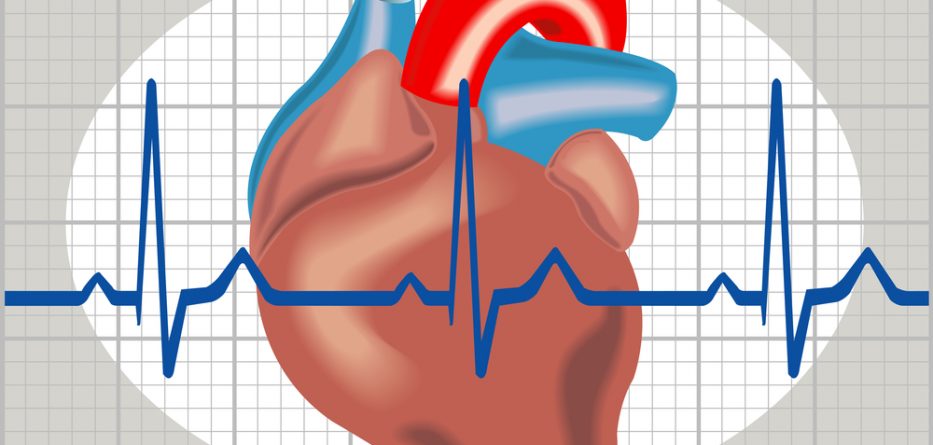For a majority of AFib (atrial fibrillation) patients, use of medications is the most effective treatment method. That said, research reveals that most individuals with AFib or heart conditions eventually stop using drugs due to their unwanted side effects or simply convincing themselves that they no longer require medications.
Stopping your use of AFib or cardiovascular medicines can be highly risky.
If you have been placed on cardiovascular/AFib medicines, taking them as directed and monitoring your regimen is vital to preventing complications.
Inform your primary physician about every medication, including over-the-counter medications, and supplements you are on.
AFib Medications
Most prescription medications are used to stop the formation of blood clots, which can result in a stroke. There are also other medications that are typically prescribed to AFib patients that regulate the rate and rhythm of the heart muscle. Most of these drugs are taken in combination with other therapies. The rhythm of the heart typically proves more difficult to correct. Without proper treatment, AFib can render the restoration of normal heart rhythm nearly impossible.
The primary medicine options prescribed to those with AFib include anticoagulants (blood thinners), rate regulators, and antiarrhythmic medications.
Here are the primary medications used for the prevention of blood clots:
Medications such as anticoagulants and antiplatelets are prescribed to patients to either address an existing clot or to prevent future clots. The primary options include:
- (a common option)
- Newer FDA-approved blood thinners such as , , and
- Aspirin (much less common than anticoagulants)
If you experience any abnormal bleeding or extreme bruising, make sure to contact your primary physician immediately. Finally, if you miss a dose of your anticoagulant, do not make it up by upping your next dose.
Featured Image: DepositPhotos/ rob3000



